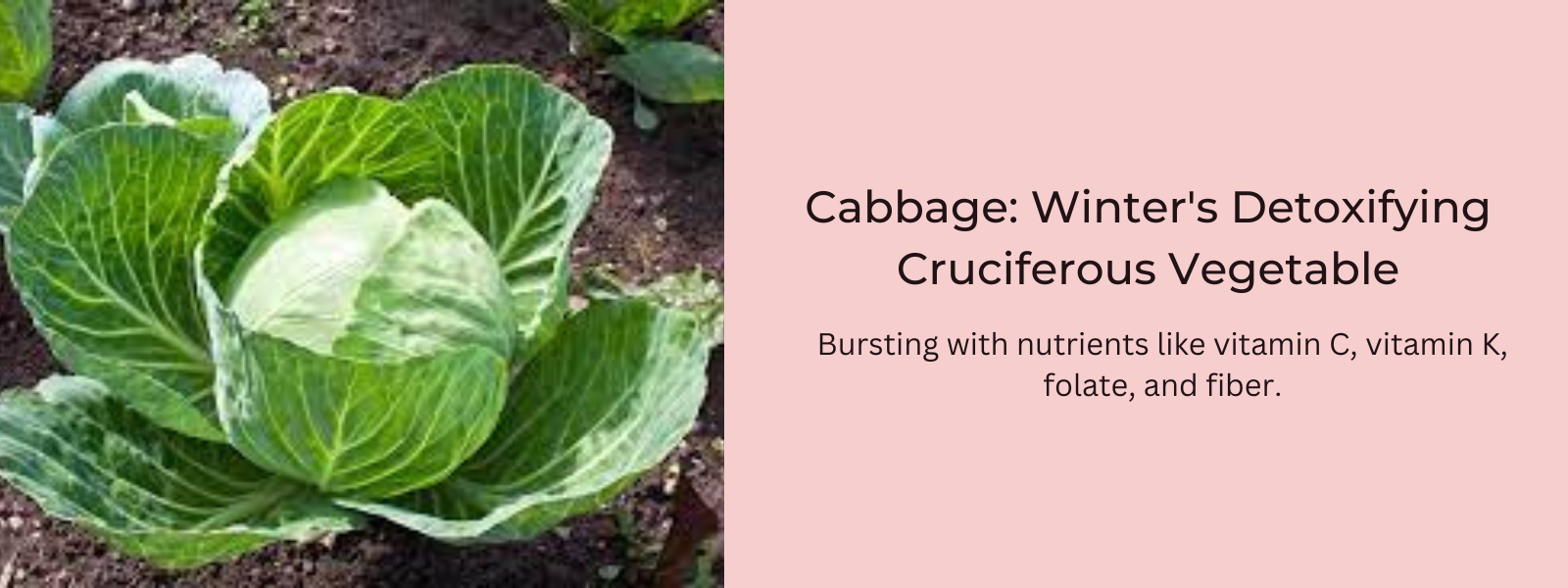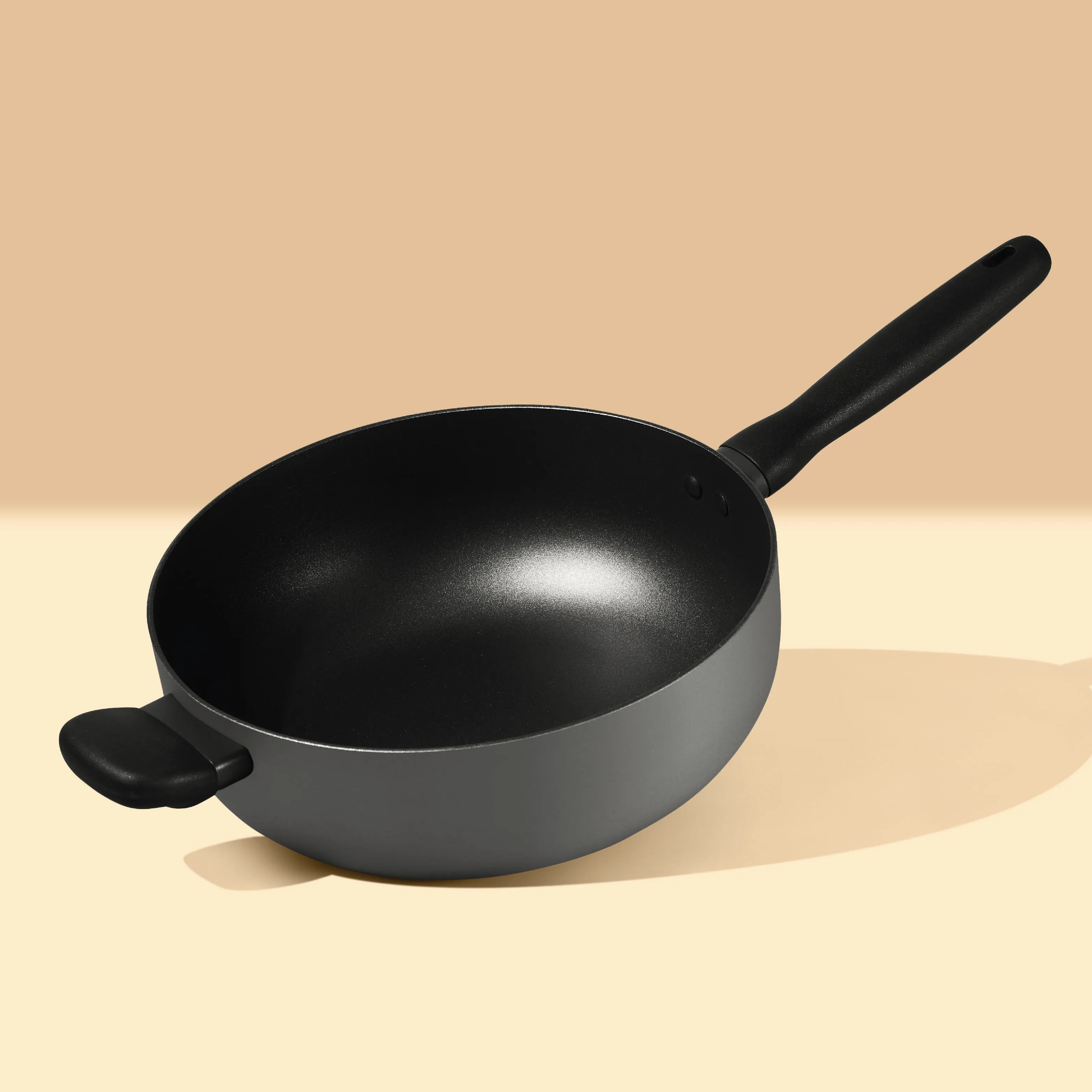Black beans emerge as a nutritional powerhouse among winter legumes, celebrated for their exceptional protein and fiber content. Laden with plant-based protein, these legumes become a crucial ally for vegetarian and vegan diets, aiding muscle repair and overall body function. Their high fiber content, a blend of soluble and insoluble fiber, champions digestive health, regulates blood sugar levels, and offers satiety during the winter season. Black beans also deliver complex carbohydrates, ensuring sustained energy levels. Packed with an array of vitamins and minerals, including folate, iron, magnesium, and potassium, these legumes contribute to overall health and well-being. Renowned for their culinary versatility, black beans elevate winter dishes, seamlessly integrating into soups, stews, salads, and a variety of other recipes, enriching both flavor and nutrition for a wholesome winter diet.
Table of Contents
Black Beans & Key Features:
Black beans, also known as black turtle beans, are small, dark, oval-shaped legumes with a rich, earthy flavor.
Here are their key features:
- Protein-Rich: Black beans are an excellent source of plant-based protein, making them a staple in vegetarian and vegan diets. They provide about 15 grams of protein per cooked cup, contributing to muscle growth and repair.
- High Fiber Content: They contain both soluble and insoluble fiber, aiding digestion, promoting gut health, and assisting in regulating blood sugar levels. A cooked cup of black beans can offer around 15 grams of fiber, supporting satiety and regular bowel movements.
- Complex Carbohydrates: These legumes provide complex carbohydrates, which are digested slowly, providing sustained energy and preventing blood sugar spikes.
- Rich in Nutrients: Black beans are packed with essential nutrients such as folate, iron, magnesium, potassium, and antioxidants, supporting overall health, immune function, and heart health.
- Versatile in Cooking: They are highly versatile and can be used in a variety of dishes including soups, stews, salads, burritos, tacos, burgers, dips, and more, adding both texture and flavor to meals.
-
Heart Health Benefits: The fiber, antioxidants, and nutrients in black beans may contribute to heart health by helping to lower cholesterol levels and reduce the risk of cardiovascular disease.
Black Beans Are Perfect Choice For Winters:
Black beans are an excellent choice for winter due to several reasons:
- Nutrient Density: In the colder months when the body needs adequate nourishment, black beans offer a powerhouse of nutrients. They are rich in protein, fiber, vitamins, and minerals, providing a substantial nutritional boost to support overall health.
- Sustained Energy: Winter often requires more energy to combat the cold weather. Black beans, with their complex carbohydrates and protein content, provide sustained energy, keeping you warm and fueled throughout the day.
- Gut Health and Digestion: With their high fiber content, black beans promote gut health and aid digestion, which might be beneficial when dietary habits may change during the winter season.
- Heart Health Support: The combination of fiber, antioxidants, and nutrients in black beans can contribute to heart health by assisting in reducing cholesterol levels, supporting cardiovascular health, and reducing the risk of heart disease.
- Versatility in Cooking: During winter, warm and hearty meals are preferred, and black beans fit perfectly into various comforting recipes like soups, stews, chilis, and casseroles, enhancing both flavor and nutritional value.
-
Satiation and Satisfying Meals: Black beans' fiber and protein content can help keep you feeling full and satisfied, which is especially beneficial during winter when cravings for hearty meals are common.
Ways To Consume Black Beans:
There are numerous delicious and creative ways to incorporate black beans into your diet:
- Black Bean Soup: Prepare a hearty black bean soup by blending cooked black beans with broth, vegetables, spices, and herbs for a comforting winter meal.
- Black Bean Salad: Combine black beans with chopped vegetables like bell peppers, tomatoes, onions, and cilantro. Toss with a vinaigrette dressing for a nutritious and flavorful salad.
- Black Bean Burritos or Tacos: Use mashed black beans as a filling for burritos or tacos along with your favorite toppings like salsa, guacamole, cheese, and lettuce.
- Black Bean Dip: Blend cooked black beans with garlic, lime juice, cumin, and olive oil to create a delicious bean dip for snacking with veggies or chips.
- Black Bean Burgers: Make homemade veggie burgers by mashing black beans with breadcrumbs, onions, spices, and an egg or a binding agent. Pan-fry or bake for a healthy burger alternative.
- Black Bean and Quinoa Stuffed Peppers: Stuff bell peppers with a mixture of cooked black beans, quinoa, corn, and spices. Bake until tender for a wholesome and colorful meal.
- Black Bean Salsa: Prepare a zesty salsa using black beans, corn, diced tomatoes, onions, cilantro, lime juice, and jalapeños. Serve with tortilla chips or as a topping for grilled chicken or fish.
- Black Bean and Rice Bowls: Create nourishing rice bowls with a base of cooked rice topped with black beans, sautéed vegetables, avocado, and a drizzle of sauce or dressing.
Black Beans For Weight Loss:
Black beans can be beneficial for weight loss due to several reasons:
- High Fiber Content: Black beans are rich in dietary fiber, which aids in promoting feelings of fullness and satiety. Fiber takes longer to digest, helping to control hunger cravings and potentially reducing overall calorie intake.
- Low in Fat and Calories: Black beans are relatively low in fat and calories but high in nutrients, making them a nutritious choice for those watching their calorie intake.
- Protein Source: They are a good plant-based source of protein. Protein is essential for maintaining muscle mass, and a diet rich in protein can contribute to feelings of fullness and support weight management.
- Complex Carbohydrates: Black beans provide complex carbohydrates, which are digested more slowly, providing sustained energy and reducing the likelihood of blood sugar spikes that can lead to cravings.
- Nutrient Density: While aiding in weight loss, black beans provide essential vitamins, minerals, and antioxidants, ensuring that your body receives vital nutrients during calorie restriction.
Conclusion:
Black beans' impressive nutritional profile, culinary versatility, and contribution to a balanced diet make them a popular choice for those seeking a nutrient-dense and flavorful addition to their meals, especially during the winter months.












Leave a comment